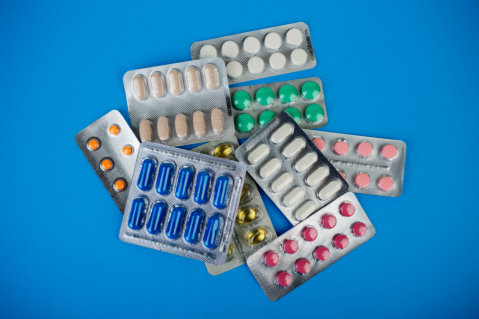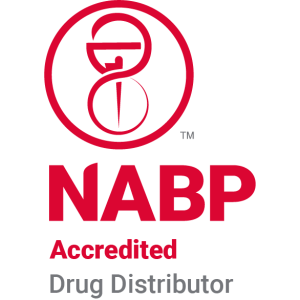
Americans spend billions of dollars on over-the-counter (OTC) drugs to treat minor ailments, such as headaches, colds, and allergies. Most of the time, over-the-counter products are taken responsibly, which often results in safe and almost immediate relief for the patient. However, some people still choose to abuse the OTCs, thinking that these are not as harmful as prescription drugs or illegal drugs such as cocaine and heroin.
What most people fail to realize is that even OTCs, when misunderstood, abused, or mixed with other foods and drugs, can be dangerous. Take note that there are over 14 versions of Advil and 20 different kinds of Tylenol. It’s very easy for someone to accidentally overdose. People think that any and every FDA Approved Product in North Carolina is safe to take more than one dose of, but that’s not how it works.
Independent Pharmacy Distributor, a provider of high-quality and affordable Medical Supply in Lexington, North Carolina, is here to present a list of terms you might find on the packaging of OTCs and what they mean. This way, you will get an idea of a certain type of medication takes effect.
- Extra or Ultra Strength
This refers to the maximum amount of drug an OTC formulation is allowed. An example is Extra Strength Tylenol. - PM
You will find this in products that may cause drowsiness and it is best to take these in the evening. - Long Acting
This means that there is a maximum number of pills you should take within 24 hours. An example can be cough medicines. - CR
Meaning “controlled release”. This refers to the release of the drug into one’s system over a long period.
We also advise that you consult with your physician before taking any OTCs and learn more about the suggested dosage.





